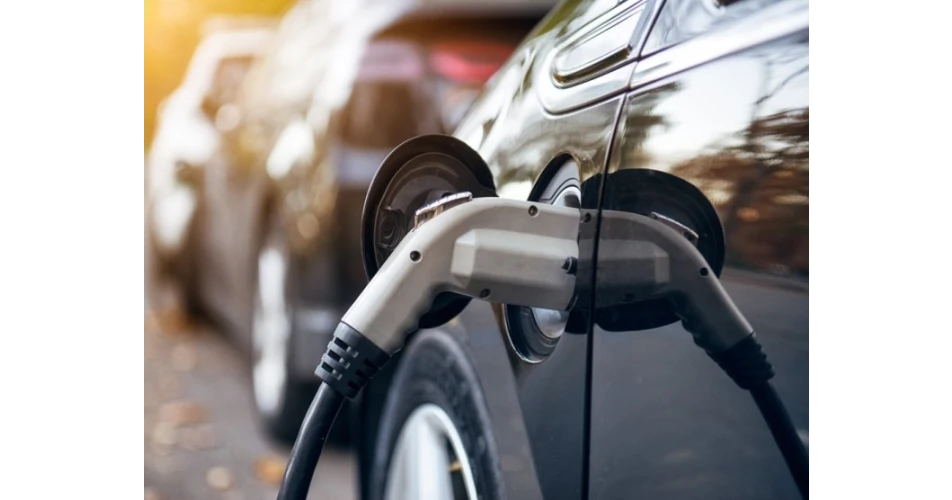German car industry body the VDA has forecast that sales of battery electric vehicles in the country in 2024 will not just slow down but actually decline. It will be the first EV downturn after 8 years of sharp growth.
The VDA expects 451,000 battery powered vehicles will be sold in 2024, 14% down on the 2023 figure. The high cost of EV’s, the cutting of subsidies and the slow development of a sufficient charging infrastructure are three of the main reasons for the expected decline. Less fleet sales, especially to car rental firms, are also expected to have an impact.
The new figures are part of a wider VDA report which predicts the total German passenger car will shrink by 1% to 2.82 million vehicles this year. Interestingly, this is a level of sales which is some 25% lower than 2019 pre-pandemic levels.
With similar issues in other markets as the EV demand pattern matures, car makers are concerned that the investments they have made in EV development and production are now in excess of EV demand. This is now causing some manufacturers to scale back their EV plans, including the push back of new product launches.
The Volkswagen Group recently shelved plans to seek outside investment for its PowerCo battery project, while in France, Renault has put off plans to list its Ampere EV arm on the stock exchange.
Even in China, where EV home and export demand remains strong, companies are scaling back profit forecasts as lower EV prices, due to increased competition, means profit margins are sharply declining.
Car manufacturers are now taking a more long term view on EV development and most expect internal combustion engine vehicles to remain a key element of their strategy over the next five years and beyond. Paul Jacobson, General Motors CFO recently said, "We know the EV market is not going to grow linearly, so we are prepared to flex between ICE and EV production."
